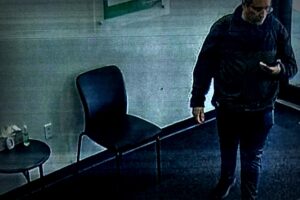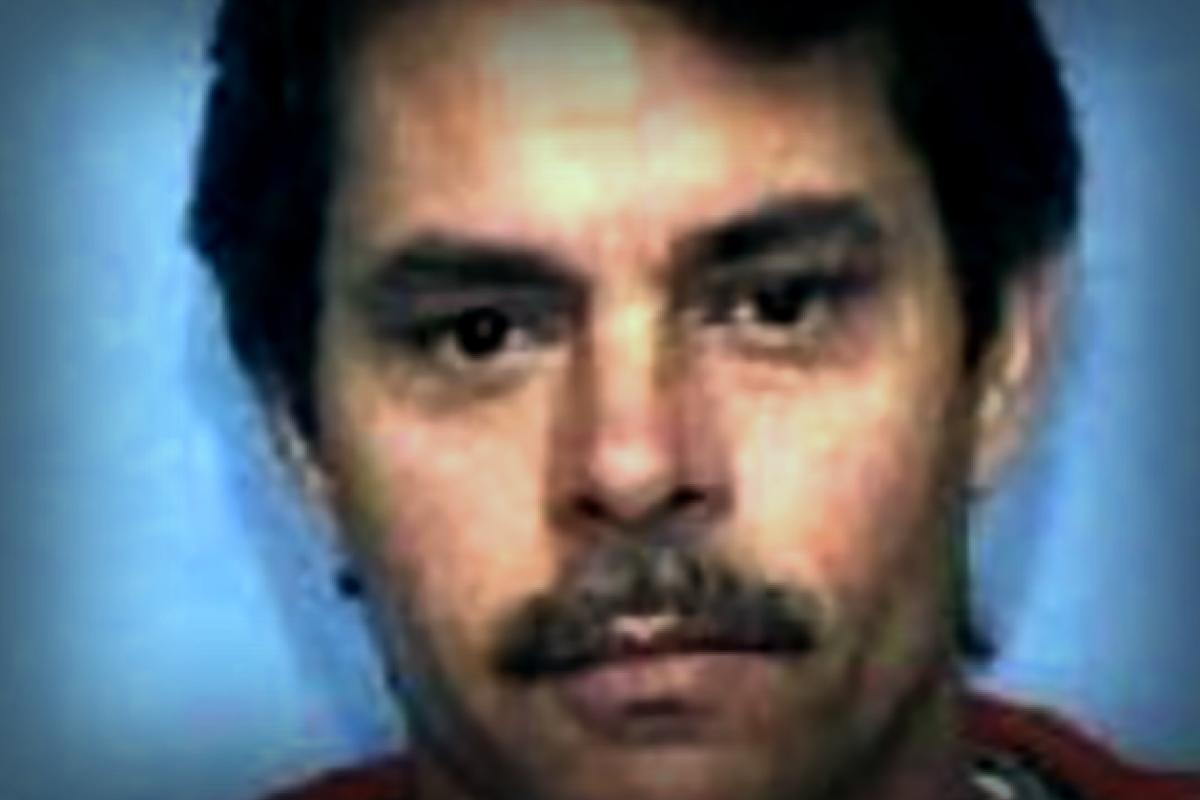It’s been more than 30 years since the chilling murders of four young girls in an Austin yogurt shop back in 1991, and now we finally have some news. A retired detective involved in the case has come forth to confirm that they’ve identified a suspect.
Retired Austin investigator John Jones shared this revelation with 48 Hours correspondent Erin Moriarty, stating that the deceased man, Robert Eugene Brashers, is connected to the horrific crimes, according to information from CBS News.
Brashers, a serial killer and rapist, is known to have committed at least three murders in South Carolina and Missouri from 1990 to 1998.
Tragically, he took his own life during a standoff with police in January 1999, wielding a gun that police believe is linked to shell casings found at the scene of the yogurt shop.
Jones explained that DNA evidence is what ultimately connected Brashers to this heart-wrenching case, per CBS News.
The grim events unfolded on December 6, 1991, when four girls—Eliza Thomas (17), Amy Ayers (13), along with sisters Jennifer (17) and Sarah Harbison (15)—were tragically found dead in an “I Can’t Believe It’s Yogurt!” shop. It was discovered that they had been bound, gagged with their own clothing, and shot in the head. As if that wasn’t horrifying enough, the perpetrator set the shop ablaze, destroying a lot of critical evidence.
During the tragic events, Eliza and Jennifer were working at the shop when Sarah and their friend Amy came by as they were gearing up to close for the night.
To tackle this complex case, a special task force was formed by the Austin Police Department with additional support from the FBI. Fast forward to 1999, four young men—Robert Springsteen, Michael Scott, Maurice Pierce, and Forrest Welborn—were arrested in connection to the murders, 14 years after the incident.
All four were just teens at the time, and while they were initially questioned shortly after the girls’ deaths, they were let go due to insufficient evidence. However, in 1999, Springsteen and Scott confessed to the crimes but later recanted, claiming their admissions were coerced, as reported by CBS News.
The charges against Pierce and Welborn were eventually dropped due to a lack of concrete evidence. Despite Scott and Springsteen facing trial and being found guilty, their convictions were overturned on constitutional grounds. DNA evidence could not link them to the crime scene.
Consequently, they were released from prison in 2009, according to WANE.com.



















